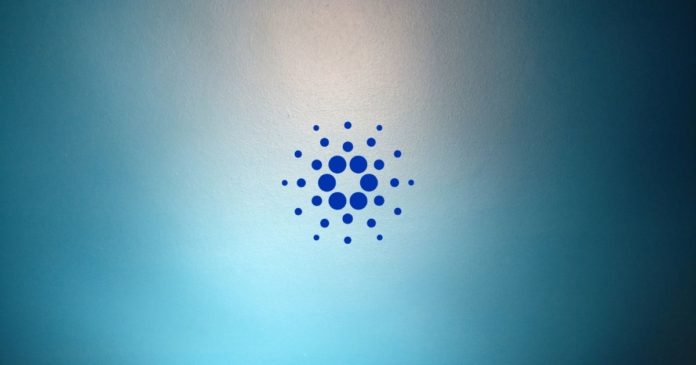Over the past week, Cardano (ADA) has gone through a number of interesting developments and integrations that show the ecosystem’s upward trajectory.
The Proof-of-Stake (PoS) blockchain platform, Cardano (ADA) announced the K Ethereum Virtual Machine (KEVM) and IELE integration, which gave insights into their P2P deployment. This also includes the strategic partnership for the Plutus smart-contracts on Cardano.
KEVM and IELE Integration
During the week, Cardano (ADA) announced the integration of KEVM and IELE. The move is expected to bring about unparalleled levels of security, scalability, and programmability to Cardano.
Within the last year, Cardano developers created a link to the Solidity/Ethereum community through the KEVM. KEVM is an implementation of the EVM stated in the K framework. It also gives developers access to verification tools that K produces to check a contract’s validity.
Besides, IELE moves things to a higher level; it’s a virtual machine that executes smart-contracts. It also provides a human-readable language for blockchain developers. The system was created with “formal methods in mind to solve security and correctness issues related to writing Solidity smart contracts targeting Ethereum, easing the path to heightened levels of security, scalability, and programmability.”
Using this innovative approach, developers interested in writing smart contracts can use any language they prefer, including Solidity. The output would work well on any IELE-powered blockchain; irrespective of the source language. This development is also expected to offer developers and businesses an extra incentive to switch from Ethereum to the Cardano blockchain.
Cardano’s P2P Deployment
For Cardano network, decentralization is key to long-term sustainability, resilience, and independence from centralized governing entities.
In April, a private peer-to-peer (P2P) testnet was released for the activation of a P2P governor, and the deployment of the connection manager.
The P2P system was reportedly deployed in a private environment and tested between eight nodes that connected to the mainnet and established communication with active SPO relay nodes; these further connected to other relays and block-producing nodes. The test results revealed that the nodes could “arbitrarily select peers for communication. This includes those from the mainnet.”
Since block production is fully decentralized, the next step is the creation of a decentralized stake pool operator (SPO) ecosystem. This will help set up reliable and effective connections between distributed nodes.
“We will be soon launching the semi-public P2P testnet, with the support of a small group of SPO partners to help with initial testing, before broadening this out to the wider SPO community,” the report stated.
Strategic Partnership for the Plutus Smart Contracts on Cardano
According to reports, the technical infrastructure is being put in place for Plutus smart contracts on Cardano. The Plutus pioneer program started last month and was part of a program for developer education. They aim at providing training for developers interested in learning functional programming so they can learn to build their own apps.
Silviu Petricescu, the director of the product strategy said: “The plan for Plutus is to have professional developers complement the work of the pioneer program and help fast-track our quality assurance and testing process towards the Alonzo hard fork.”
Besides, the companies supporting the rollout are stated below alongside their notable achievements:
- Obsidian Systems – used in providing many of the tools and the technical support for the block validators who maintain the Tezos PoS blockchain.
- Eleks – based in Ukraine, also customizes software engineering and consulting services for 30 years.
- Node Factory – a blockchain research and development specialist in Zagreb.
- MLabs – they develop compilers, artificial intelligence, and DevOps applications, mostly in Haskell, Python, and Typescript.
- BinarApps – they specialize in projects for the retail and loyalty sectors.
ADA Price
During the week, ADA was trading close to the resistance zone of $2.29. Predictors also stated that if the token could break the resistance, ADA could move towards $2.78, $3.59, $4.39, and $4.89.
Join us on Telegram to receive free trading signals.
Find out more about the blockchain and crypto space on the Altcoin Buzz YouTube channel.
Disclaimer
The information discussed by Altcoin Buzz is not financial advice. This is for educational and informational purposes only. Any information or strategies are thoughts and opinions relevant to accepted levels of risk tolerance of the writer/reviewers and their risk tolerance may be different than yours. We are not responsible for any losses that you may incur as a result of any investments directly or indirectly related to the information provided.
Do your own due diligence and rating before making any investments and consult your financial advisor. The researched information presented we believe to be correct and accurate however there is no guarantee or warranty as to the accuracy, timeliness, completeness. Bitcoin and other cryptocurrencies are high-risk investments so please do your due diligence. Copyright Altcoin Buzz Pte Ltd. All rights reserved.




























